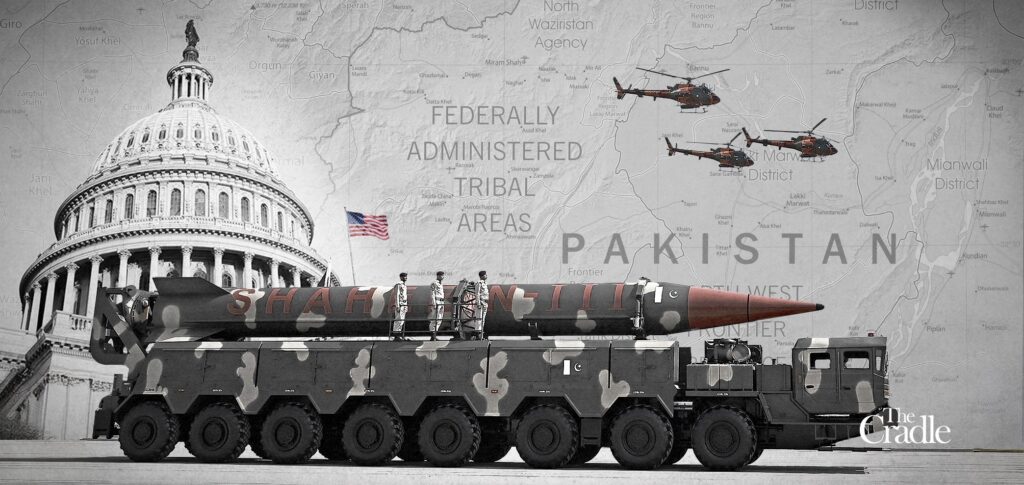MANILA, Philippines—Philippine officials on Monday rejected claims that former U.S. President Donald Trump’s absence at the ASEAN summits during his term reflected a lack of interest in Southeast Asia. This rebuttal came amid growing scrutiny of the United States’ engagement in the region as leaders convened for the annual Association of Southeast Asian Nations (ASEAN) Summit in Jakarta this week.
The remarks followed years of speculation that Trump’s sporadic participation in ASEAN meetings signaled waning U.S. influence in Southeast Asia. Philippine Secretary of Foreign Affairs Enrique Manalo clarified that the decision to attend summits is shaped by broader geopolitical strategies and does not necessarily reflect neglect of the region.
“Each administration has its own priorities, but the U.S. remains a key partner of ASEAN,” Manalo said during an interview on Monday in Manila.
A Balancing Act in the Indo-Pacific
Trump attended the ASEAN Summit in 2017, the first year of his presidency, but subsequently sent representatives instead of attending himself. Critics viewed this as a snub to ASEAN nations, especially amid growing Chinese influence in the Indo-Pacific region.
However, Manila’s leadership has dismissed such interpretations as “speculation,” insisting that U.S.-ASEAN relations have remained robust regardless of who sits in the White House.
Manalo also pointed out the enduring partnerships between the United States and ASEAN, particularly in trade, security, and climate resilience, noting that these relationships transcend individual administrations.
“ASEAN has always been a priority for the United States, as evidenced by its longstanding support for regional stability,” he said.
The Shadow of Geopolitical Rivalry
Analysts suggest that perceptions of U.S. disengagement under Trump created a vacuum that China sought to fill, deepening its economic ties with ASEAN countries through initiatives like the Belt and Road Initiative. As the Biden administration has worked to rebuild alliances in the region, its attendance at ASEAN-related events has been seen as a move to reaffirm U.S. commitment.
While officials in Manila emphasize the importance of continuity in U.S.-ASEAN ties, they acknowledge the increasing challenges posed by China’s assertiveness in the South China Sea. The Philippines has repeatedly called for stronger international support to address maritime disputes, a key issue expected to dominate discussions during this year’s ASEAN Summit.
Looking Ahead
As the ASEAN Summit continues, questions linger over how the region will navigate its relations with competing global powers. For the Philippines, the priority remains clear: maintaining partnerships that promote regional stability and economic growth.
“The focus should be on ASEAN’s centrality and the value it brings to the global community,” Manalo said, underscoring the bloc’s role as a mediator in a rapidly shifting geopolitical landscape.
With Washington aiming to strengthen its presence in the Indo-Pacific, the Philippines appears keen to dispel any notions of disengagement, signaling its confidence in the resilience of U.S.-ASEAN relations.



